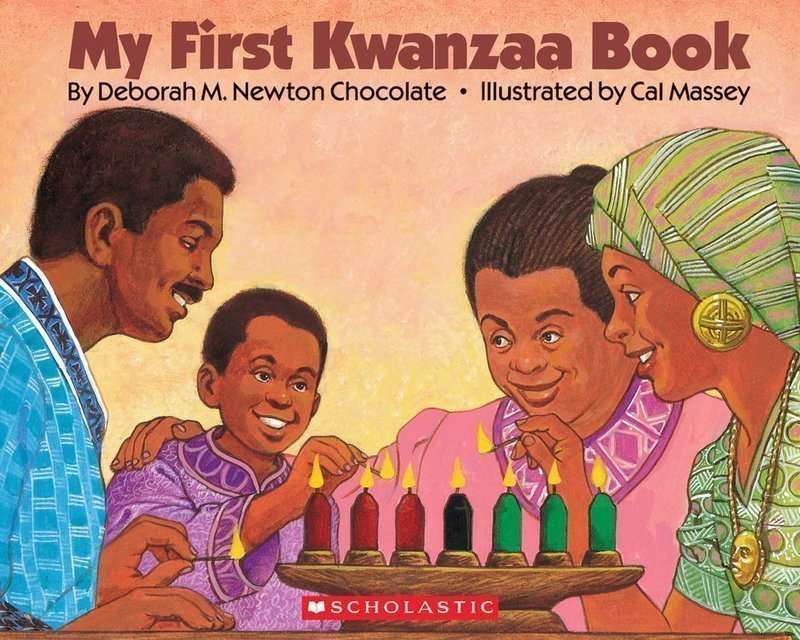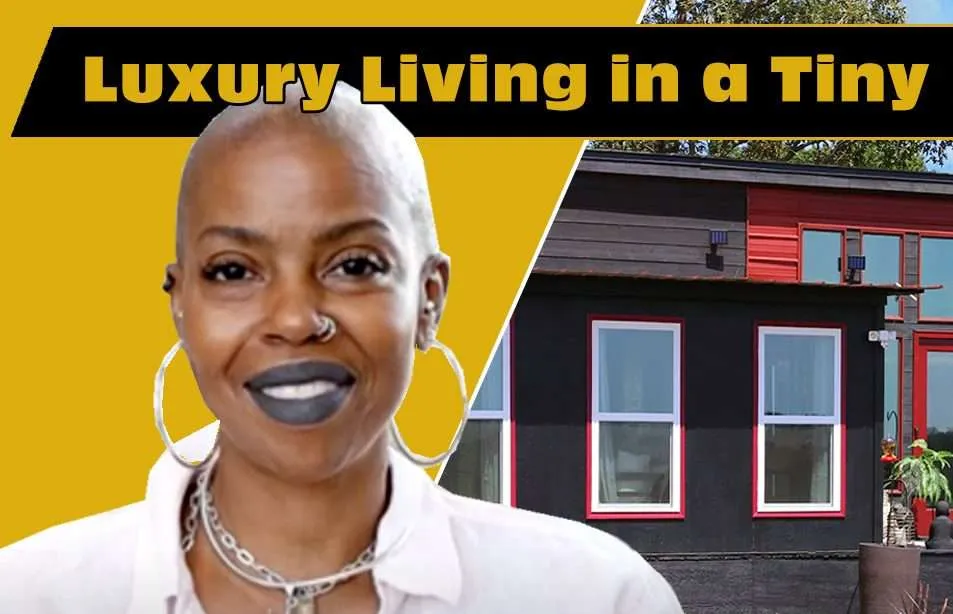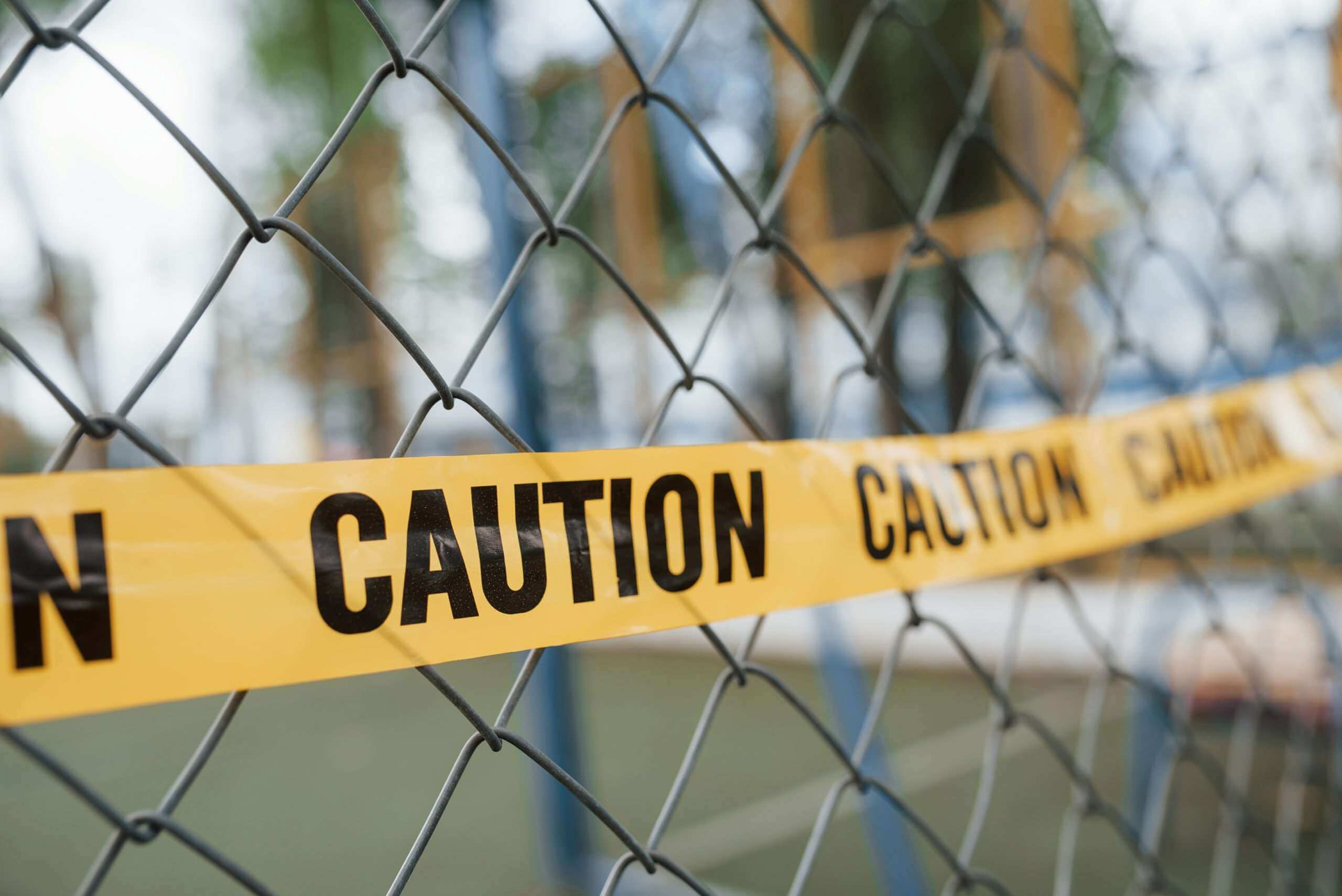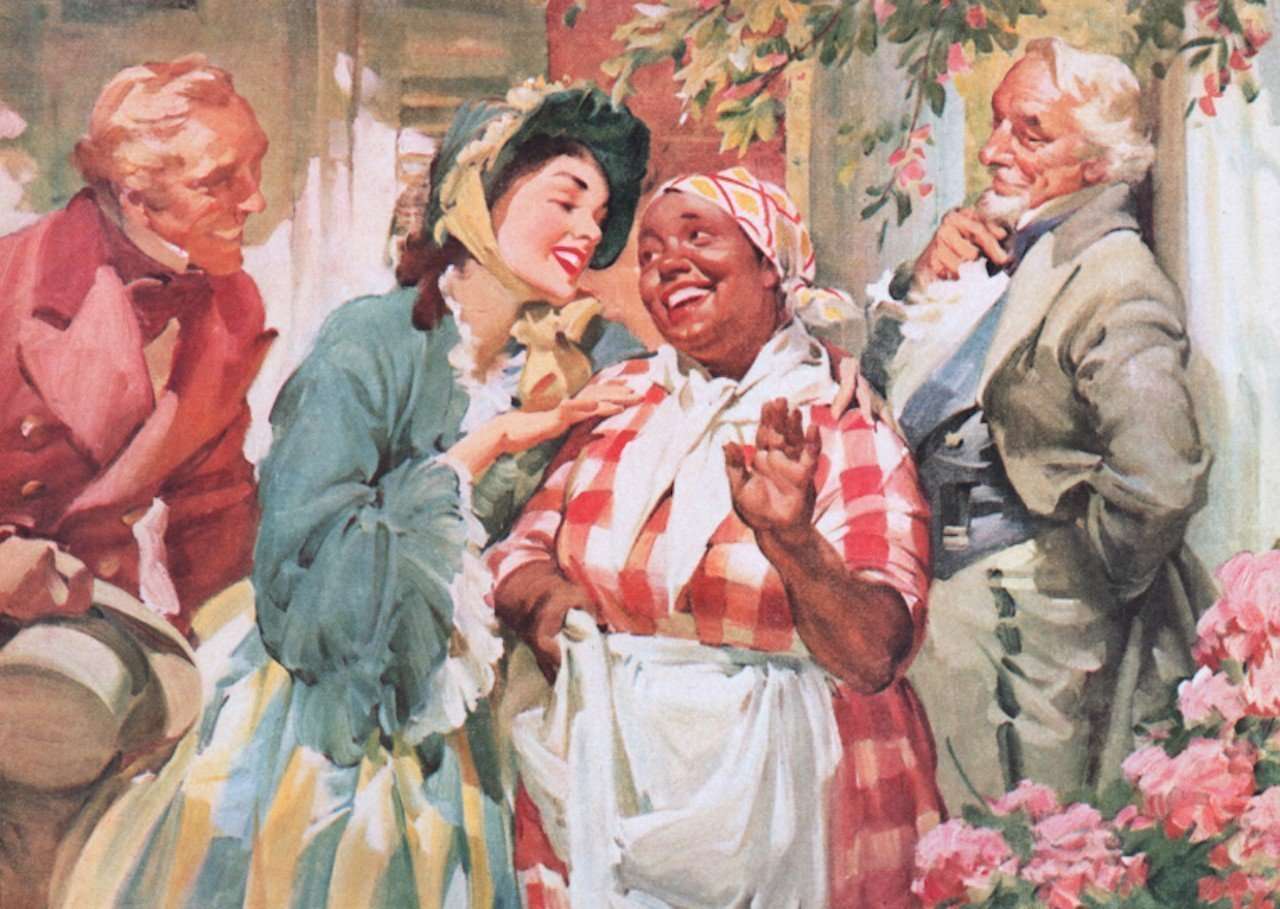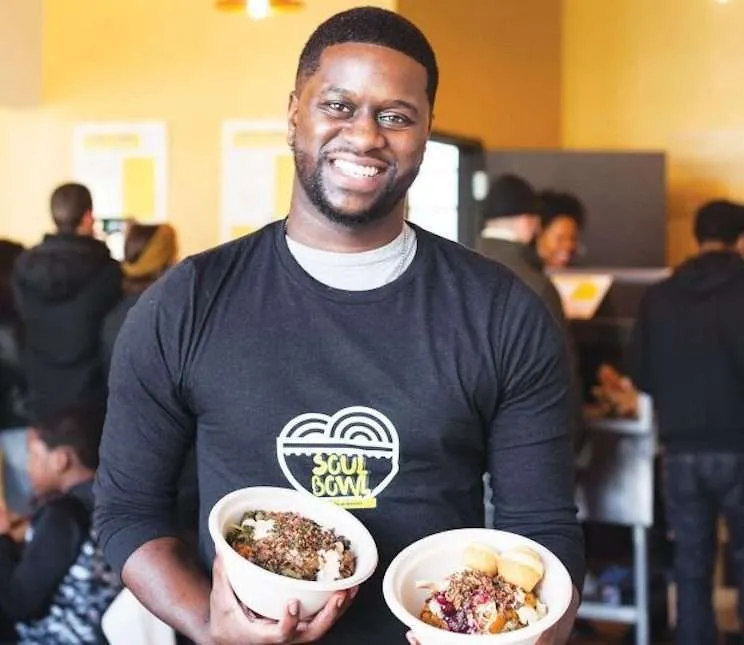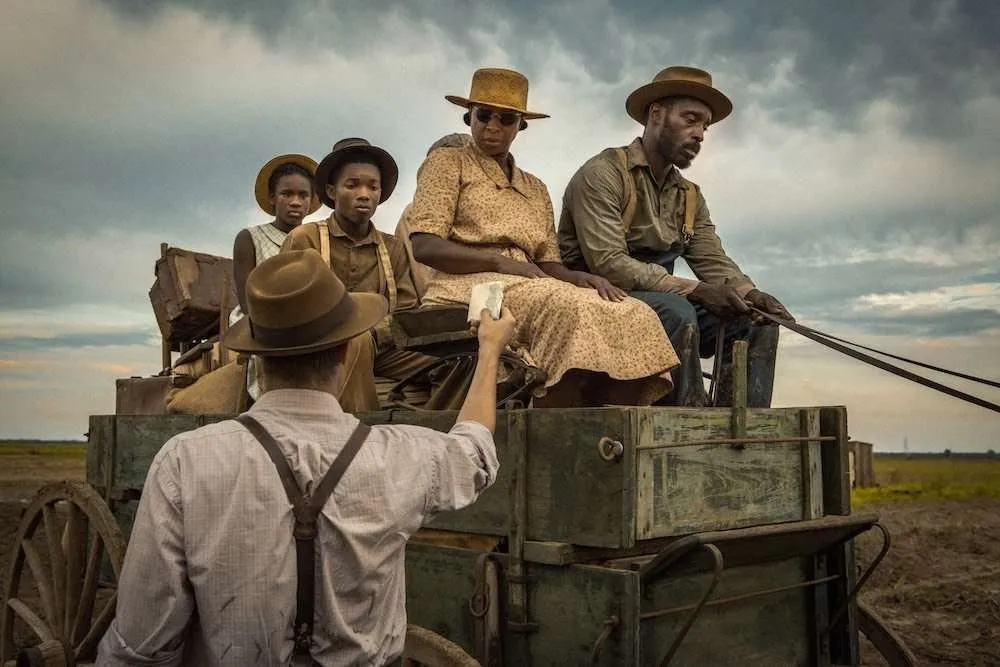Community
7 Things To Know About Kwanzaa And Why It’s Celebrated

What is Kwanzaa? We all have heard about the holiday that comes around Christmas time. Some of us have been asked by our non black friends if we celebrate it as a joke. But how many of us really celebrate it or even know about this black holiday?
Maulana Ndabezitha Karenga, a professor and a major figure in the Black Power movement in the 1960s and ’70s, created Kwanzaa in 1966 as the first pan-African holiday. In creating Kwanzaa, his goal was to “give blacks an alternative to the existing holiday and give Blacks an opportunity to celebrate themselves and their history, rather than simply imitate the practice of the dominant society.”
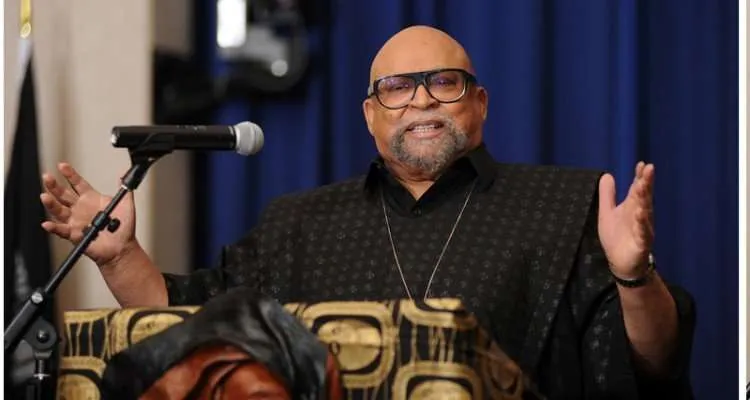
Maulana Karenga
Although Karenga is a controversial figure, the root of Kwanzaa and the intention behind it is to commemorate our African roots.
Here are the seven things to know about Kwanzaa and why it’s celebrated:
1. The word Kwanzaa is derived from the Swahili phrase Matunda ya kwanza, meaning “first fruits of the harvest.” It is modeled after the first harvest celebration in Africa.
2. Kwanzaa is celebrated from December 26th to January 1st. Initially, Karenga wanted Kuanzaa to replace Christmas, a holiday from a religion he believed was a white religion that black people should shun. But as Kwanzaa gained more mainstream following, Karenga altered his views. Eventually both holidays started being celebrated side by side.
RELATED: BLM Is Dreaming Of A Black Christmas. So Are We.
 3. Seven is a very important number in Kwanzaa.
3. Seven is a very important number in Kwanzaa.
There are seven principles of Kwanzaa, originally Nguzu Saba- the seven principles of African Heritage. Each of the seven days of Kwanzaa is dedicated to one of the principles, which are:
- Umoja (Unity)- To strive for and to maintain unity in the family, community, nation, and race
- Kujichangulia (Self-Determination)- To define and name ourselves, as well as to create and speak for ourselves.
- Ujima (Collective Work and Responsibility)- To build and maintain our community together and make our brothers’ and sisters’ problems our problems and to solve them together.
- Ujamaa (Cooperative Economics)- To build and maintain our own stores, shops, and other businesses and to profit from them together.
- Nia (Purpose)- To make our collective vocation the building and developing of our community in order to restore our people to their traditional greatness.
- Kuumba (Creativity)- To do always as much as we can, in the way we can, in order to leave our community more beautiful and beneficial than we inherited it.
- Imani (Faith)- To believe with all our hearts in our people, our parents, our teachers, our leaders, and the righteousness and victory of our struggle.
4. Seven candles on a candle holder is one of the primary symbols of the holiday. Other symbols include corn, unity cup, and the black, red, and green flag.
 5. In 1997, the first US postage stamp commemorating Kwanzaa was issued. Since then, there have been 5 designs released.
5. In 1997, the first US postage stamp commemorating Kwanzaa was issued. Since then, there have been 5 designs released.
6. Although the holiday is not widely celebrated in Africa, Kwanzaa has been spreading to Canada, England, France, Jamaica, and Brazil in recent years. Celebrities like Oprah, Angelina Jolie, and Chuck D celebrate Kwanzaa every year.
7. Kwanzaa is celebrated by more than 20 million people around the world. The popularity of Kwanzaa has, however, declined among blacks in the U.S. Some blacks have resisted this holiday because they believe it clashes with Christmas, and is perceived to be a pagan holiday.

